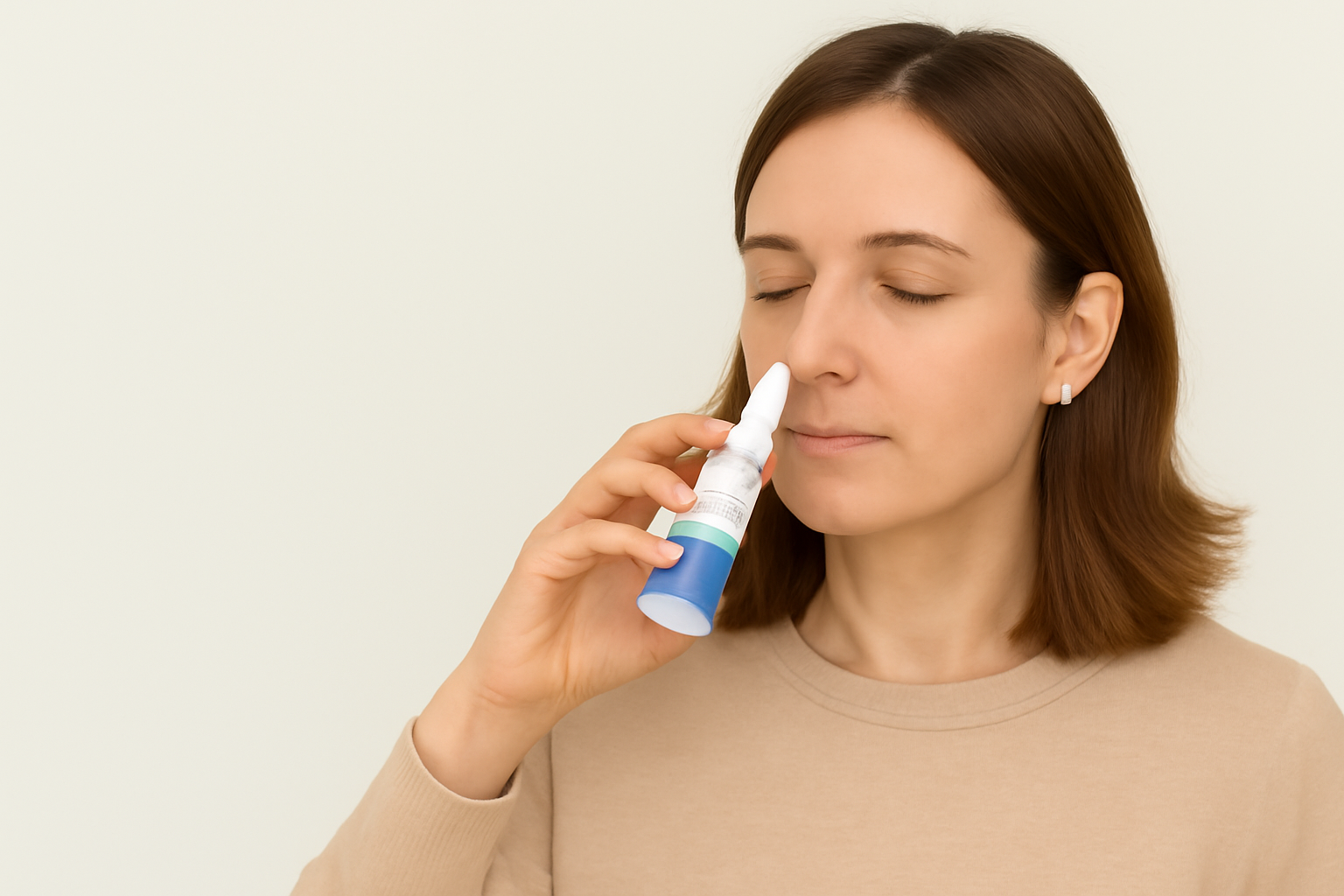What Recent Studies Show
Researchers and health agencies across the world have noted that new COVID-19 variants tend to appear on a quarterly basis, driven by mutations in the virus’s spike protein. These mutations can:
- Increase transmissibility
- Alter how well the virus escapes immunity from past infection or vaccination
- Occasionally change the pattern of symptoms
However, most new strains so far have not led to more severe disease thanks to improved population immunity and early preventive measures.
Why Variants Keep Emerging
Viruses naturally mutate as they spread. COVID-19, being an RNA virus, changes slightly each time it replicates. These small changes accumulate and sometimes result in new sub-lineages that dominate globally for a few months before fading out.
This “variant turnover” pattern has become predictable—roughly every 3 to 4 months, a new strain starts to replace the old one.
Regular updates to vaccines and continued monitoring by health authorities help ensure that preventive tools remain effective against emerging variants.
Early Prevention and Symptom Management
Preventing infection remains the most effective strategy, but catching symptoms early can reduce the risk of severe illness. Here’s what experts suggest:
- Maintain nasal and throat hygiene using gentle antiseptic rinses or sprays that are clinically shown to be safe.
- Stay current with vaccines and boosters, especially before major seasonal surges.
- Strengthen your immune system through balanced nutrition, regular exercise, and adequate sleep.
- At first signs of symptoms (sore throat, mild cough, or fatigue), rest, hydrate, and consult a healthcare provider for early management options.
Some early studies indicate that povidone-iodine nasal sprays may help reduce viral load in the nasal passages—the primary entry point for the virus—though these should be used as supportive measures, not replacements for vaccines or medical treatment.
Why This Matters
Understanding the ongoing mutation cycle of COVID-19 helps individuals and healthcare providers stay one step ahead.
Quarterly variant changes mean it’s crucial to:
- Stay informed on public health updates
- Continue practicing good respiratory hygiene
- Use preventive tools proven to be safe for nasal and throat use
Being proactive reduces the chance of severe illness and supports community-wide protection.
Final Thoughts
The emergence of new COVID variants every few months isn’t cause for panic—it’s a natural viral evolution. The key is awareness, prevention, and early care.
Maintaining nasal hygiene, following vaccination schedules, and managing mild symptoms early can significantly reduce risks. With consistent vigilance, we can adapt faster than the virus does.
If you’re considering adding povidone-iodine nasal care to your routine, recent studies suggest it’s safe for the nasal lining and may complement other preventive measures. You can explore trusted options like the Immunemist Nasal Cleanse for gentle nasal protection and hygiene support.



.png)


.png)